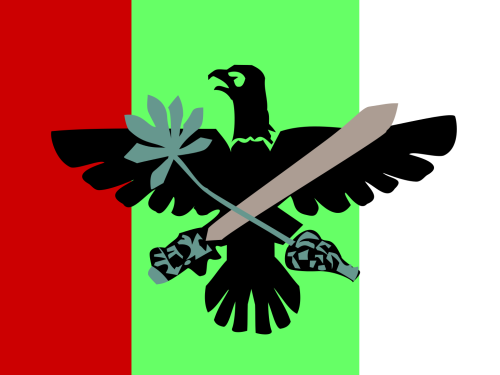
This article was originally published by the IPI Global Observatory on 20 February 2015.
Starting in May, Burundians are scheduled to go to the polls for the third time since the Arusha Peace and Reconciliation Agreement and subsequent cease-fire agreements ended the Burundian civil war in 2003. These are important elections with significant consequences for the consolidation of peace and economic recovery in the country, as well as for democracy in the wider Great Lakes region.
The ruling party, the CNDD-FDD, is a former rebel movement that belatedly signed a cease-fire agreement in 2003 and then went on to win the first post-war democratic elections in 2005, and the second ones in 2010. Complex power-sharing provisions were agreed upon during the Arusha peace negotiations and enshrined in the Burundian Constitution, which intended to ensure a certain degree of inclusivity in governance. While the civil war was fought partly over the issue of ethnic exclusion, the Burundian Constitution requires that executive and legislative organs are multiethnic.
